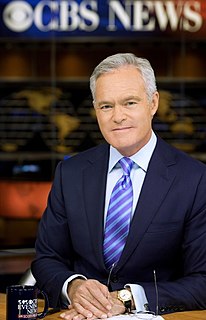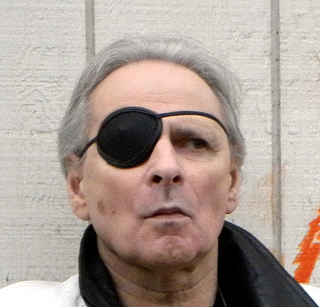A Quote by Katharine Weymouth
I don't personally feel that I have to save democracy and journalism.
Quote Topics
Related Quotes
I personally think honestly disclosing rather than hiding one's subjective values makes for more honest and trustworthy journalism. But no journalism - from the most stylistically 'objective' to the most brazenly opinionated - has any real value unless it is grounded in facts, evidence, and verifiable data.
I personally think honestly disclosing rather than hiding ones subjective values makes for more honest and trustworthy journalism. But no journalism - from the most stylistically objective to the most brazenly opinionated - has any real value unless it is grounded in facts, evidence, and verifiable data.
This is a very proud moment for journalism. I think The New York Times and The Washington Post are genuine champions in this moment. The role that they are playing in democracy is the role that you hear about journalism playing in civics classes. Other people are doing great work, but the Times and the Post have really been leaders. The public is watching, and they are hungry. They know something is wrong, there's a lot of anxiety out there. There's a real sense that the mission of journalism is very clear.
Anyone who does investigative journalism is not in it for the money. Investigative journalism by nature is the most work intensive kind of journalism you can take on. That's why you see less and less investigative journalism at newspapers and magazines. No matter what you're paid for it, you put in so many man-hours it's one of the least lucrative aspects of journalism you can take on.
I want to help clean up the state that is so sorry today of journalism, and I have a communications degree. I studied journalism -- who, what, where, when, and why -- of reporting. I will speak to reporters who still understand that cornerstone of our democracy, that expectation that the public has for truth to be reported. And then we get to decide our own opinion based on the facts reported to us.
I certainly don't mean to suggest that all investigative journalism prior to 9/11 in the US was praiseworthy. But there were more examples to which one could point, and there were at last some activist photographers who understood that getting information into the public sphere in spite of military censorship was a right and obligation within democracy. That strain in war journalism did nearly vanish during that time.


































